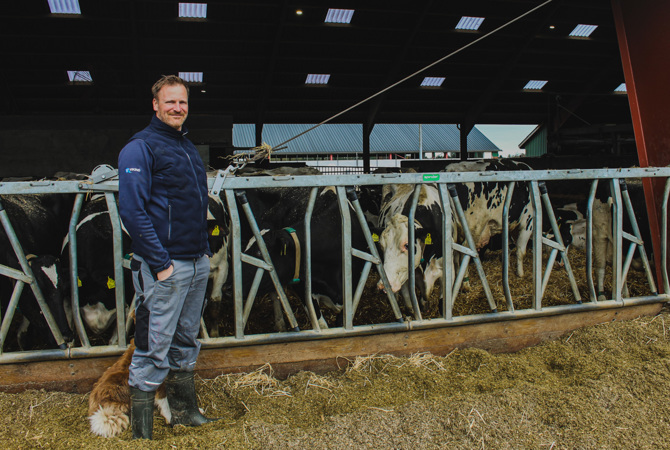Sammen gør vi
Danmark rigere
på det, der
gør en forskel
Danmarks Eksport- og Investeringsfond (EIFO) er danske virksomheders fælles indgang til risikovillig statslig finansiering. Vi skaber værdi ved at være drivkraft og katalysator for danske virksomheders fornyelse og vækst, åbne døre for global forretning og føre an i omstillingen til en grønnere og mere bæredygtig fremtid.
EIFO er Danmarks nationale erhvervsfremmende bank og Danmarks officielle eksportkreditinstitut i én og samme finansielle institution.
Med risikovillig finansiering baner vi vejen for dem, der tør tænke større.












